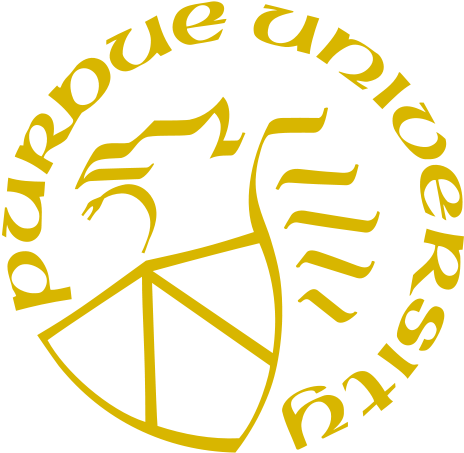A central theme of networking is answering what-if questions -- i.e., given recorded data of an existing deployed system, what would be the performance impact if we changed the design of the system (e.g., deployed a new video streaming algorithm), or if the environment changed relative to how data was collected (i.e., a shift in distribution). Answering what-if questions of this nature is also known as causal reasoning, which considers the effect of events that did not occur while the data was being recorded.
Several widely used machine learning (ML) tools (e.g., off-the-shelf neural networks) are inadequate for causal reasoning since they merely capture correlations in collected data. This limits them to predictions that pertain to how a deployed system with an existing design and in an existing environment performs in the future. They incur biases when faced with "what-if" questions, or when aspects of the environment change. Other approaches such as Reinforcement Learning and Randomized Control Trials could be disruptive to the performance of real users, and are not designed to answer ``what-if'' questions about past sessions.
Causal reasoning is uniquely challenging in networking since many algorithms (e.g., adaptive bit rate algorithms, traffic engineering) are adaptive and make their decisions based on network state. Network state variables often act as confounding variables resulting in spurious correlations. Unfortunately, on the networking side, researchers are generally ill-equipped to deal with the hidden complexity that arises from performing ML over causal questions. On the ML side, researchers do not yet have effective tools to answer the types of complex real-world causal questions that the scale and adaptive nature of networking applications require.
In this project, we are exploring causal reasoning on passively collected networked data, which is not disruptive to the performance of live users. Our project supports causal reasoning not only about how the proposed change would affect sessions in the future, but also how it would have affected a given session in the past (also referred to as counterfactual reasoning).
Projects

Causal Reasoning for Data-Driven Networking
Supported by NSF Award Number: 2212160
Description
Publications
Hattrick: Solving Multiclass TE using Neural Models. Abd AlRhman AlQiam, Zhuocong Li, Satyajeet Singh Ahuja, Zhaodong Wang, Ying Zhang, Sanjay G. Rao, Bruno Ribeiro, and Mohit Tawarmalani. In Proceedings of ACM Special Interest Group on Data Communications (SIGCOMM), 2025. [Paper][Slides][Video][Dataset][Github]
Transferable Neural WAN TE for Changing Topologies. Abd AlRhman AlQiam, Yuanjun Yao, Zhaodong Wang, Satyajeet Ahuja Singh, Ying Zhang, Sanjay G. Rao, Bruno Ribeiro and Mohit Tawarmalani. In Proceedings of the ACM SIGCOMM 2024 Conference, August 2024. [Paper][Slides][Video][Dataset][Github]
Veritas: Answering Causal Queries from Video Streaming Traces. Chandan Bothra, Jianfei Gao, Sanjay Rao, and Bruno Ribeiro. In Proceedings of ACM Special Interest Group on Data Communications (SIGCOMM), 2023. [Paper][Slides][Video][Dataset][Github]
Outreach
Crafting Principled Machine Learning Architectures for Networked Systems. Sanjay Rao and Bruno Ribeiro. In The Networking Channel, March 2025. [Paper][Slides][Video][Dataset][Github]
Can ML models replace network algorithms? Feasibility, challenges, and how to get there. Panel organized and moderated by Sanjay Rao at ACM Sigcomm 2024 with panelists including Mohammad Alizadeh (MIT), Behnaz Arzani (Microsoft), Bruno Ribeiro (Purdue), and Keith Winstein (Stanford). In ACM SIGCOMM 2024. [Paper][Slides][Video][Dataset][Github]
Other Relavent Publications
Xatu: Richer Neural Network Based Prediction for Video Streaming. Yun Seong Nam, Jianfei Gao, Chandan Bothra, Ehab Ghabashneh, Sanjay Rao, Bruno Ribeiro, Jibin Zhan, Hui Zhang. In ACM Sigmetrics 2022. [Paper][Slides][Video][Dataset][Github]
Team
Faculty
- Prof. Sanjay Rao
- Prof. Bruno Riberio
Students
- Abd-Al Rhman Al Qiam — Ph.D. student
- Chandan Bothra — Ph.D. student
- Jianfei Gao — Ph.D. student
Collaborators
- Amazon Prime (lead contact Dr. Zahaib Akhtar)
- Meta (lead contact: Dr. Ying Zhang)